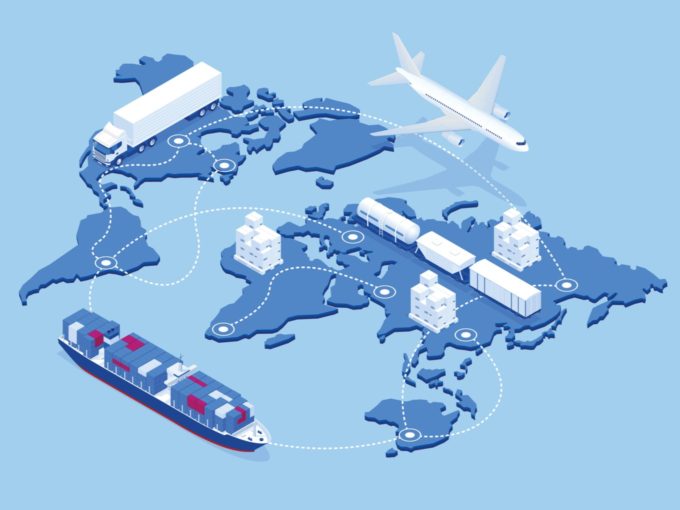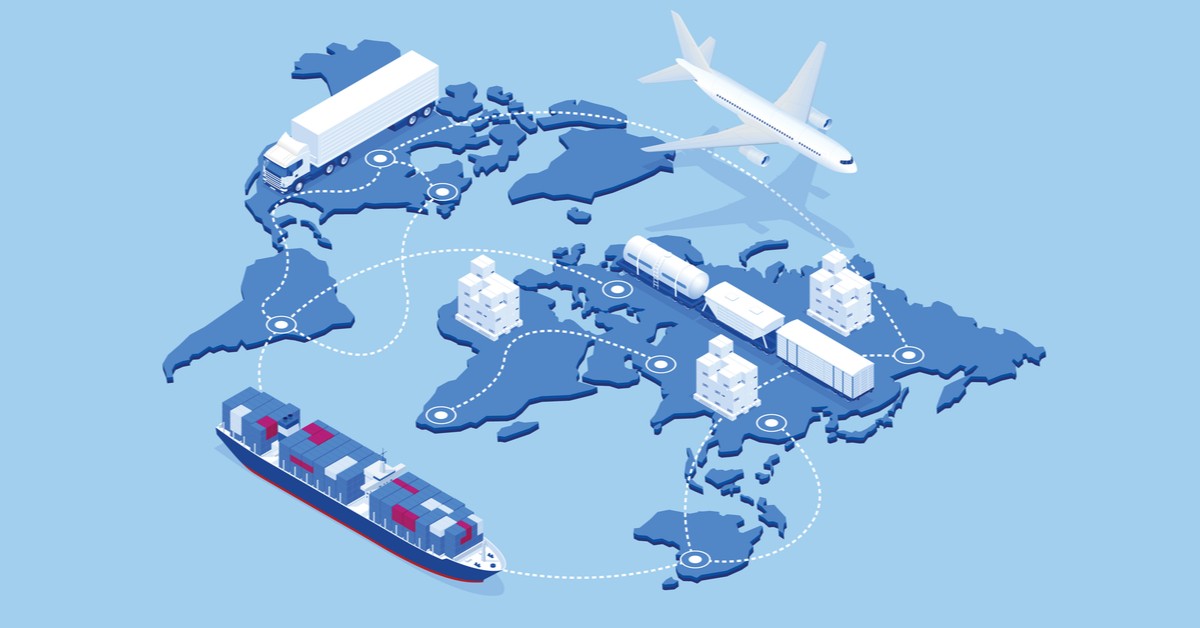The seed round of $2.25 Mn saw participation from angel investors including Zomato’s Deepinder Goyal, CRED’s Kunal Shah, Apache Cassandra’s Prashant Malik and EthAum Venture’s Pankaj Gupta
Geniemode founders aim to build an end-to-end global sourcing ecommerce and tech-strapped supply chains in furniture, home decor and furnishing, accessories and fashion
The startup is on track to have 1,000 suppliers from India and South East Asia with over $50 Mn in revenue in the next 6-12 months

Delhi-based B2B cross-border sourcing and supply chain startup Geniemode has closed a seed round of $2.25 Mn led by Info Edge Ventures. The round also saw participation from angel investors including Zomato’s Deepinder Goyal, CRED’s Kunal Shah, Apache Cassandra’s Prashant Malik, and EthAum Venture’s Pankaj Gupta.
Founded in March 2021 by Amit Prakash Sharma and Tanuj Gangwani, the company aims to organise the global sourcing and supply chain market. It claims to have 1 Mn+ orders delivered by over 200 suppliers with a presence in 11 countries, including the US, the UK, Mexico, India and Bangladesh.
Geniemode provides a digital portal, like that of Amazon and Flipkart. What sets it apart is that it is essentially a B2B provider enabling exports from small and medium manufacturers. It also provides a direct interaction between the suppliers and the customers and users can get their products customized, and end-to-end coverage over their product delivery.
“More than 80% of the furniture, hard goods, home soft furnishing and fashion manufacturing is done by MSMEs (Micro, Small & Medium Enterprises) across clusters in India. We are taking this market global and helping these suppliers scale,” said Gangwani.
With its current rate, Geniemode is on track to have 1,000 suppliers from India and South East Asia with over $50 Mn in revenue in the next 6-12 months, the company stated.
Sharma, a supply chain veteran, said that large and small global buyers hesitate to source products from India mainly due to lack of access to reliable suppliers, poor process and timelines transparency, lack of standardization of quality and unavailability of financing to the supplier.
“Once these issues are resolved, the quality, depth of catalogue and cost differentiation offered by Indian suppliers can further contribute to the growing Indian exports across various differentiated product categories,” he added.
According to the Directorate General of Commercial Intelligence and Statistics (DGCIS), the share of MSME products in total export from India during 2018-19 was 48.10%.
In January 2020, to promote SMBs and help sell their products across the world, the Indian government announced plans to set up a meeting with ecommerce companies.
The government has also proposed a new draft of ecommerce rules to favour SMBs over large ecommerce platforms, putting bans on flash sales of goods and services, restricting affiliate enterprises in setting up as sellers and enabling provision for suggestions of alternative products before customers make purchases to ensure a fair opportunity for domestic goods.
In India, Amazon runs programmes such as Karigar, Saheli and Launchpad programmes focused on various SMB sectors. Under its Samarth Initiative, Flipkart works closely with NGOs and government bodies to promote and encourage rural entrepreneurs, with a special focus on women-led enterprises, artisans and weavers. Flipkart claims to have around 100K MSME sellers on its platform.
Other domestic B2B supply chain players in the market include IndiaMart, Udaan, Bijnis, among others.










